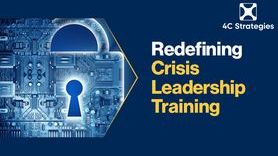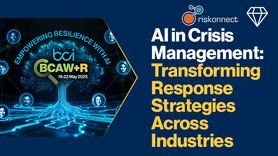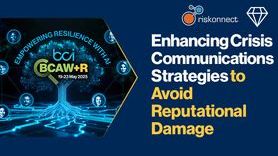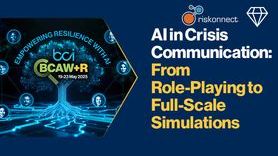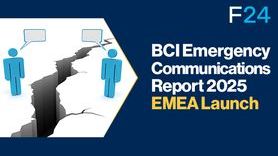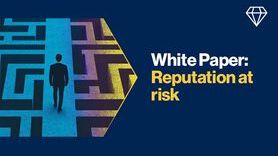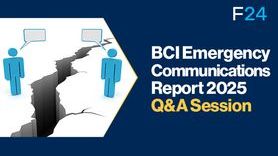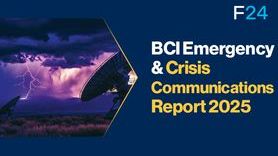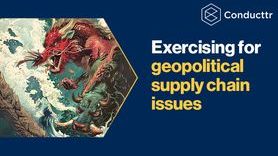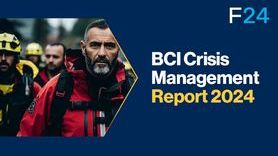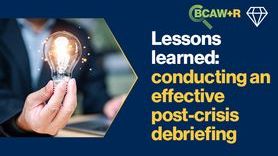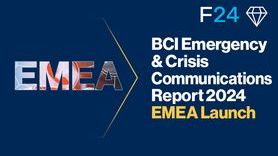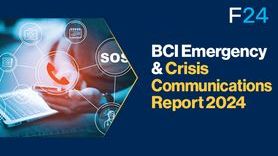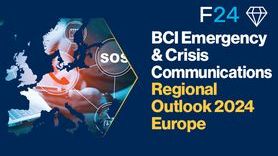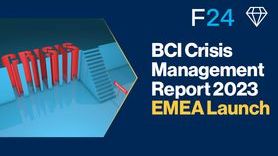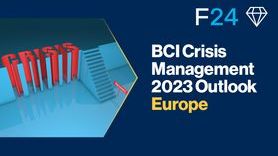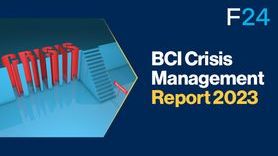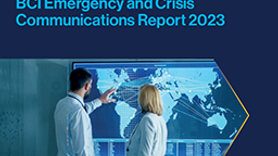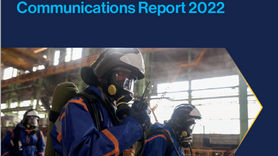Customer Trust & Reputation: the case of the European Super League
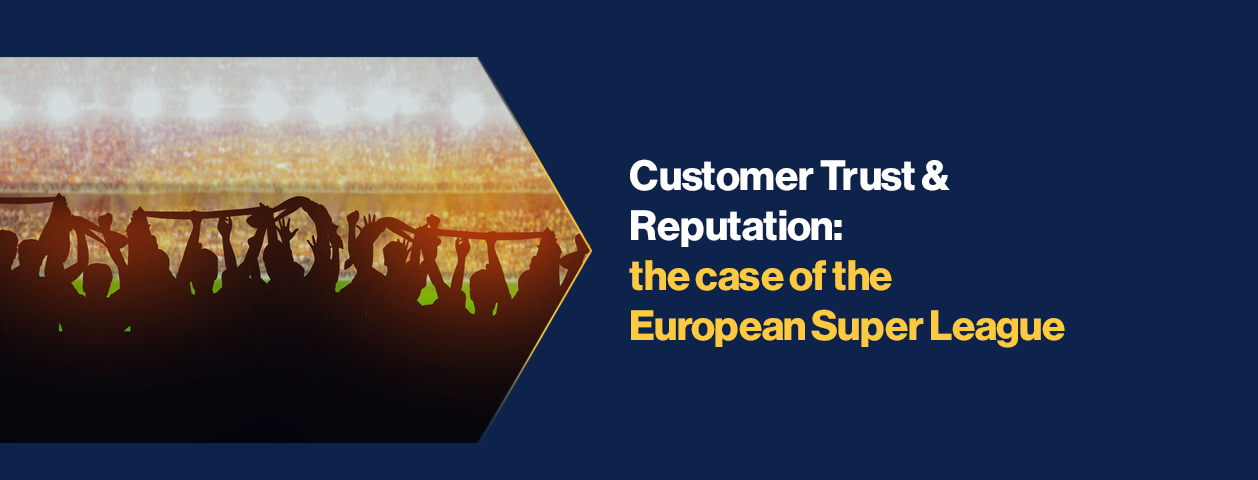
Customer trust is essential for all organizations – regardless of size and industry. A customer that trusts your brand will not only buy your products/services but will also recommend them to others. Building trust is not easy … keeping it and protecting it is even harder. The same can be said for a company’s reputation.
The case of the European Super League (ESL) is probably the perfect example of how to destroy both in the blink of an eye. In 48 hours, 12 football clubs were able to generate one of the most disruptive events in the history of football and destroy their image at the same time.
Regardless of whether you are in favour or against, the announcement of the formation of the ESL came as a shock to everyone. But what was more shocking was the confident attitude of the 12 clubs, which seemed to have not considered the impact that this decision would have had on their own fans/customers.
The backlash and reaction were unprecedent - fans, UEFA, FIFA, former players, media and even politicians bluntly showcased their disapproval and disdain towards the ESL. There was a call for a boycott of the ESL and the clubs faced multiple accusations - from acting for ‘pure greed’ to not respecting football traditions and the feelings of their own fans.
The clubs’ PR strategies were a disaster. The ESL launch was also accompanied by a radio silence from most of the clubs involved. There was no attempt to explain what the 12 clubs viewed as the positives for joining the ESL. Only in Spain and Italy, two club owners released statements where they spoke about the ESL by defining it as the ‘future of football’, but for the most part it was a ‘no comment’ strategy. By Sunday evening, the narrative was set, and it felt impossible to change it.
The decision created such a disruptive effect and a powerful backlash that by Tuesday evening two teams had started proceedings to pull out of the ESL. By Tuesday night four others followed and then by Wednesday more followed and some started issuing apologies … but the damage had already been done.
How much damage to relationships must the 12 clubs repair?
Trust will be a major issue for all the 12 clubs - both at European and domestic level.
Trust has been broken with the fans but also with football organizations such as the FA, UEFA, and FIFA – especially if we think about Juventus chairman Andrea Agnelli and Manchester United executive vice-chairman Ed Woodward, who had active roles in UEFA.
These clubs have not only lost the trust of their fans but also their peers (other clubs), and in doing so have significantly reduced the negotiating power that they once had.
Although apologies have been issued by some clubs to do some level of damage control and regain the sympathy of the fans; this is unlikely to be enough. Some fan groups have welcomed the apology, but others believe that the clubs have shown their intent and that an apology will not ‘do the trick’.
How will these clubs regain their fan/customers trust? It will be interesting to see in the next few weeks and months if there will further resignations – following the one of Ed Woodward, at Manchester United. This could bring in new top-management and it could work as a ‘breath of fresh air’ that could wipe away that ‘greedy intention’ perceived by most fans, but again this is unlikely to be suffice, with some calling for the owners of these clubs to now leave and further demonstrations are predicted, especially when fans are allowed back into stadiums. There are also reports that suggest giving fans a stake in their clubs, similar to the German model, which could help clubs understand footballing traditions better.
Whatever the outcomes at these clubs over the next few months, this is certainly a prime example of how easy it is to do reputational damage in the blink of an eye.





